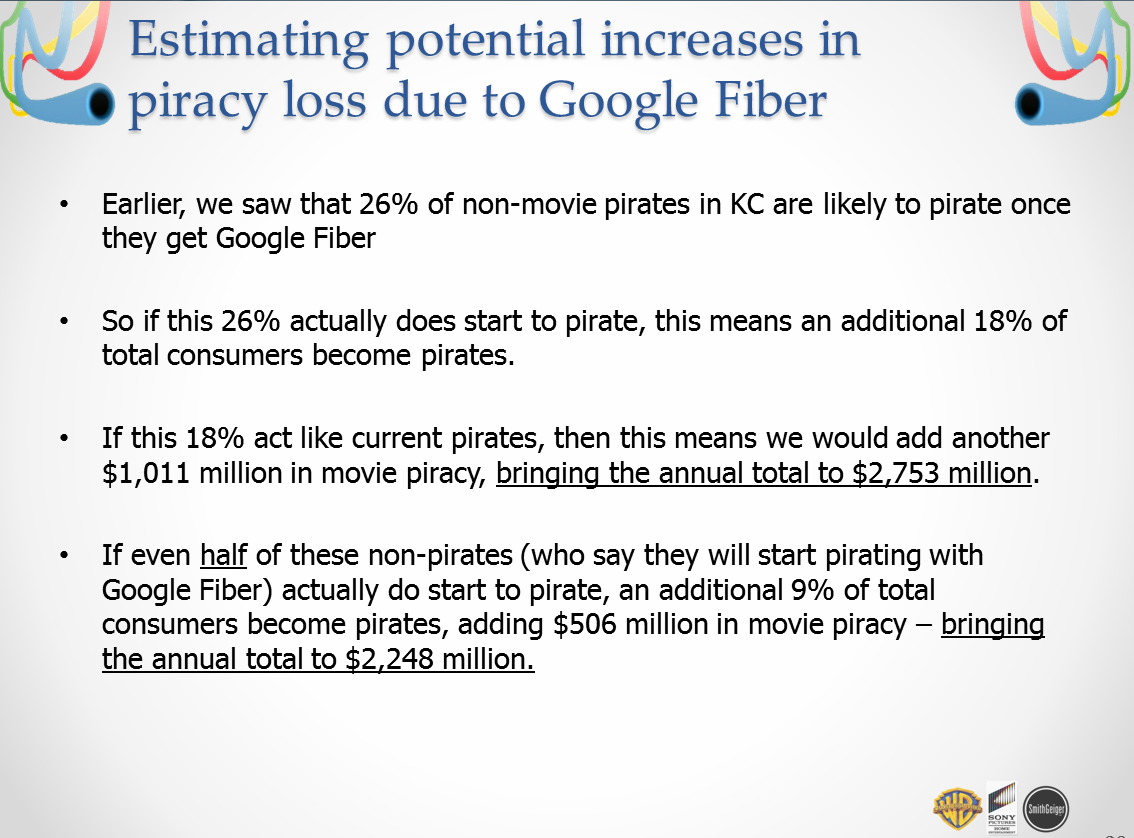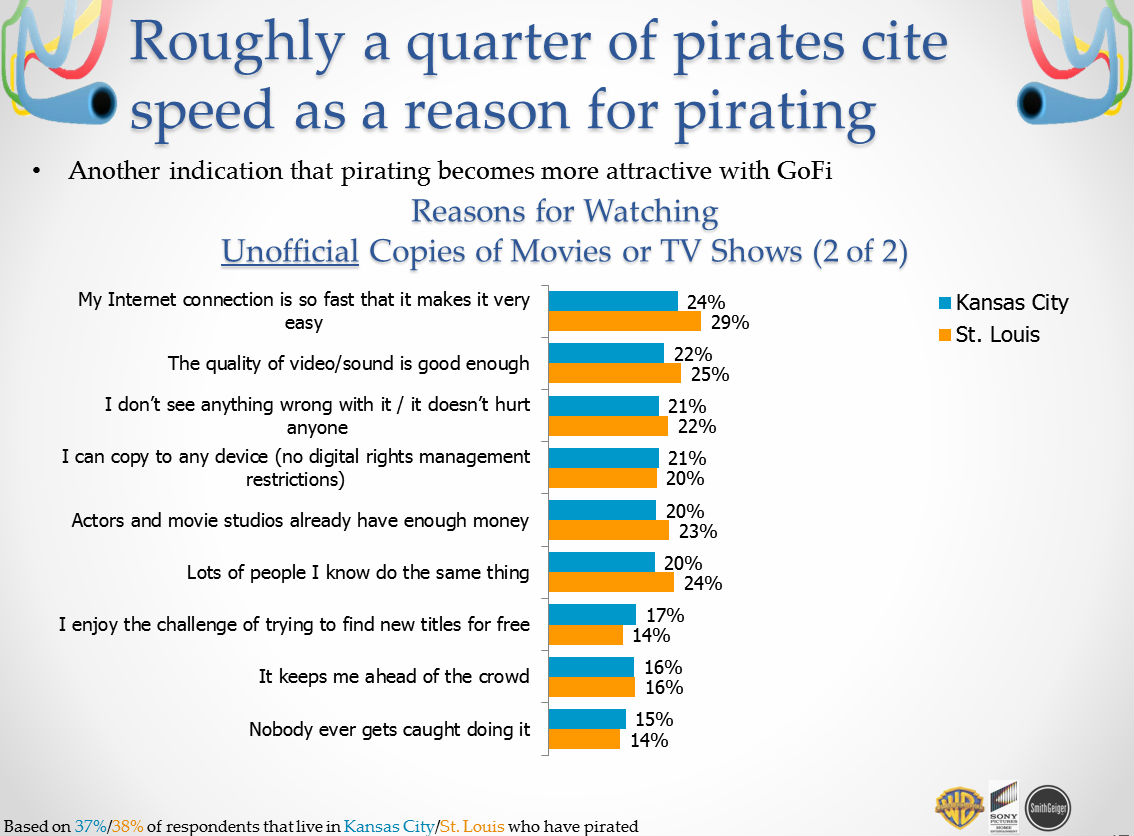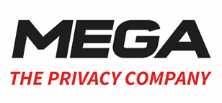Here’s Where “The Interview” Pirates Are Coming From
mardi 30 décembre 2014 à 23:40 After most U.S. theaters backed away from screening The Interview due to “terrorist’ threats, Sony Pictures decided to give the movie its premiere on the Internet via various streaming services.
After most U.S. theaters backed away from screening The Interview due to “terrorist’ threats, Sony Pictures decided to give the movie its premiere on the Internet via various streaming services.
By Sunday the movie had been sold two million times, which isn’t a bad result at all. However, in the dark corners of the Internet just as many copies were traded without permission.
Via torrent sites alone the movie was shared an estimated 2.5 million times and that number could double when illicit streaming sites and cyberlockers are added to the mix.
One question that remained unanswered until now is where all these pirates are coming from. To find out, TF gathered more than 7,000 IP-addresses of people who shared pirated copies via BitTorrent throughout the past 24-hours.
The data, presented in the table below, reveals that most of the pirates come from parts of the world where there’s no legal avenue to see the film. With 17.6% the United States is still leading the list, but this isn’t a big surprise considering the size of its population.
If we take a look at which countries have most pirates relative to their population size then the Netherlands (17 million) and Australia (23 million) come out on top.
In total Canada, Australia, the UK and the Netherlands are good for 30% of all downloads, but these countries have less than half of the U.S. population combined.
While this data gives some more insight into The Interview’s popularity worldwide it’s hard to draw any strong conclusions, as piracy rates depend on a multitude of factors.
Would there have been less pirated downloads if the movie was sold everywhere? Most likely, but the high percentage of U.S. downloads shows that there’s still plenty of piracy even where the film is available.
Finally, it’s worth mentioning that there were no downloads from North Korea in our sample. This doesn’t come as a surprise of course, not least because Internet connectivity has been down recently.
Sony Pictures, meanwhile, is targeting torrent sites with DMCA takedown requests hoping to hinder the distribution of pirated copies. Whether that will have much of an effect has yet to be seen as there are still plenty of pirate copies around.
—-
Note: downloaders who use VPNs may appear to be in a different country.
| # | Country | % | City | % |
|---|---|---|---|---|
| torrentfreak.com | ||||
| 1 | United States | 17.6% | London | 3.5% |
| 2 | Canada | 8.2% | Amsterdam | 2.5% |
| 3 | Australia | 7.8% | Melbourne | 2.3% |
| 4 | United Kingdom | 7.2% | Makati | 1.5% |
| 5 | The Netherlands | 6.8% | Manila | 1.5% |
| 6 | Philippines | 5.3% | Singapore | 1.4% |
| 7 | India | 3.0% | Athens | 1.3% |
| 8 | Greece | 2.1% | Sydney | 1.2% |
| 9 | Brazil | 2.0% | Toronto | 1.2% |
| 10 | United Arab Emirates | 1.5% | Dubai | 1.2% |
Source: TorrentFreak, for the latest info on copyright, file-sharing and anonymous VPN services.






 Following the revelations of systems administrator
Following the revelations of systems administrator